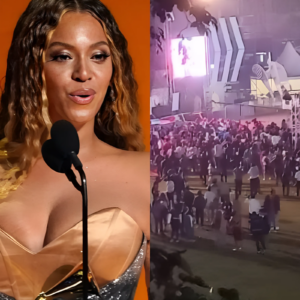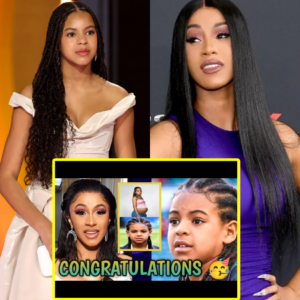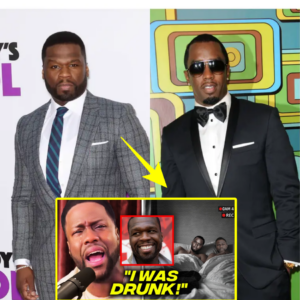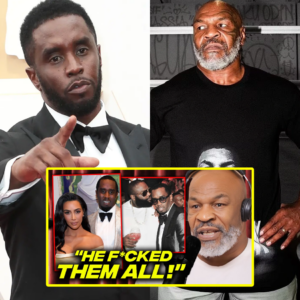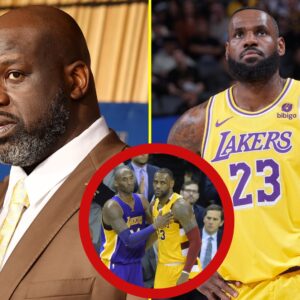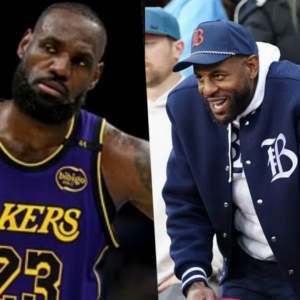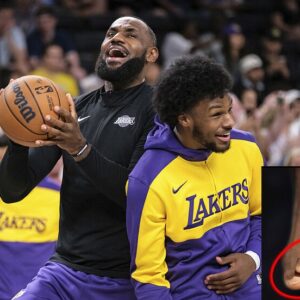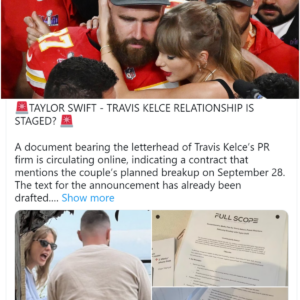The clash between Dave Chappelle and Cat Williams represents more than just a difference of opinion within the comedy world; it’s a reflection of broader societal issues and the complexities of navigating fame, authenticity, and responsibility in the entertainment industry.

At the heart of this clash are the critiques levied by Cat Williams against fellow comedians, including Chris Rock, Kevin Hart, and Joe Rogan. Williams didn’t hold back, accusing some of being Hollywood puppets, questioning their authenticity, and highlighting instances of cultural appropriation within the comedy scene. These criticisms struck a nerve and prompted a spectrum of reactions not only within the comedy community but also beyond.
Chappelle’s response to Williams’ critiques was marked by explicit disagreement and a warning about what he termed “insane lies.” Chappelle questioned the motives behind Williams’ criticisms, particularly his focus on successful black comedians like Cedric the Entertainer, Steve Harvey, and Kevin Hart. He expressed disappointment in Williams’ remarks, suggesting they were a form of deflection and questioning why Williams would criticize his peers when they’re all striving for success in the same industry.

The clash between Chappelle and Williams brings to light the delicate balance that comedians must strike between maintaining authenticity and succumbing to industry pressures. It also raises questions about the responsibilities that come with wielding the power of humor and the boundaries of comedic expression. Chappelle’s response underscores his commitment to preserving the integrity of the comedy craft amid external influences.
This clash is not just confined to traditional media channels; it has spilled over into the realm of social media, where fans, critics, and fellow comedians contribute to the ongoing narrative in real-time. Social media has reshaped the dynamics of comedy feuds, providing a platform for comedians to express their opinions, respond to criticisms, and engage with fans directly.
In analyzing this clash, it’s essential to consider the historical context of comedy feuds and the resilience of the comedy community in navigating conflicts. Comedy feuds have been a recurring theme, showcasing the intense competition and strong personalities within the comedy world. However, in the digital age, social media has amplified and shaped public discourse, adding a layer of complexity to these conflicts.
Ultimately, the clash between Chappelle and Williams prompts a broader discussion about the boundaries of comedic expression, the responsibilities of comedians, and the impact of public statements. It highlights the challenges of navigating fame and authenticity in an industry where perception often shapes reality. As comedians continue to grapple with these issues, the fallout from public disagreements can impact personal and professional relationships, influence audience perceptions, and shape the trajectory of careers.
News
Diddy LEAKS Disturbing FOOTAGE Of Beyonce & Jay Z | New EVIDENCE Revealed
The unfolding drama involving Diddy, Jay-Z, and Beyoncé has captivated audiences worldwide. Allegations of scandalous tapes, federal raids, and personal vendettas have dominated headlines, leaving fans shocked…
Tiffany Haddish SHADES Jennifer Hudson For Stealing Common From Her
Tiffany Haddish is making it abundantly clear that she’s not thrilled about comments on new relationship with Jennifer Hudson. She threw some major shade at Jennifer, hinting…
Breaking: Beyoncé’s “Cowboy Carter” Tour Sees Lackluster Ticket Sales, “Only 1500 So Far”
In a surprising twist of fate, Beyoncé’s highly anticipated “Cowboy Carter” tour has encountered a lackluster start, with only 1500 tickets sold for its opening night. This…
“Blue ivy is pregnant” Cardi b Exposed truth about the pregnancy on live TV show says CONGRATS
Welcome to CB Gossip, your go-to source for all the juiciest entertainment news. Don’t forget to hit that subscribe button and ring the bell for more updates….
Kevin Hart FREAKS OUT As 50 Cent LEAKS New Video Of Him & Diddy..
Absolutely, let’s delve deeper into these issues. It seems like there’s a plethora of speculation and rumors surrounding celebrities and their connections to Diddy’s controversial activities. From…
Mike Tyson EXPOSES Members Of Diddy’s S3X CULT..
Unveiling Diddy’s Troubles: A Deep Dive into Allegations and Controversies In recent years, Sean “Diddy” Combs, the rap mogul and entrepreneur, has found himself embroiled in a…
End of content
No more pages to load


